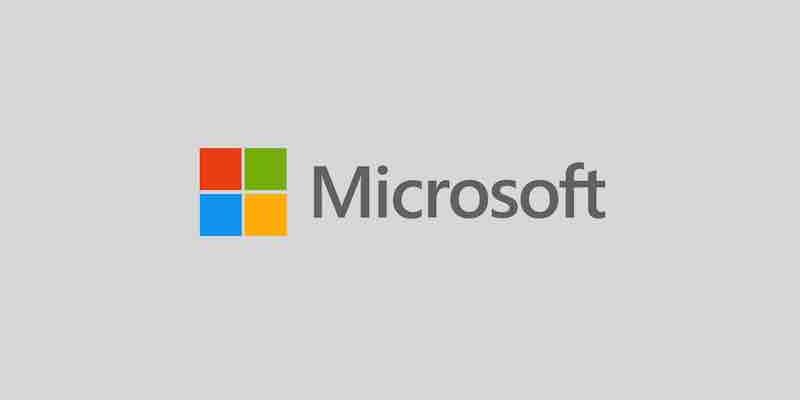Microsoft is beating Google at its own game.

The software stalwart’s significant investment in AI could make it cutting-edge again.
In recent news, Microsoft and OpenAI announced a $10 billion investment from Microsoft into OpenAI. This investment is on top of the $3 billion that Microsoft has given to OpenAI since 2019. The acquisition is significant because OpenAI is the hottest AI lab out there with one of the buzziest and most exciting products: ChatGPT. Analysts are calling ChatGPT a potential game-changer for Microsoft. Microsoft has been struggling to keep up with competitors like Google, which started as a nimble, innovative upstart and eventually bested Microsoft in browsers, email, and mobile operating systems. However, now Microsoft might be the agile, innovative company that beats Google in artificial intelligence.
Microsoft’s investment in OpenAI indicates that the company is aggressive and will not be left behind. Microsoft’s $10 billion investment is bold, but it could be right. AI is the future, and it’s clear that Microsoft is committed to staying ahead of the curve. OpenAI has made significant technological advancements and is now showing it off to the general public. Google’s competing products are practically nowhere to be found beyond updates on Google’s blog.
Google has been working on AI offerings for years and has some of the best ones. It acquired the AI research lab DeepMind in 2014 before OpenAI even existed. And it developed the Transformer technology that ChatGPT is built on (GPT stands for Generative Pre-trained Transformer). But Google has held back on giving them the kind of public demonstration that OpenAI has, saying it wants to ensure its products are responsible and safe before unleashing them. Not helping matters was a claim from a (now-former) engineer that Google’s chatbot technology, LaMDA, had become sentient. That’s been widely dismissed (and denied by Google), but it underlined how advanced the technology has evolved. And it showed the risks not of the technology becoming sentient but of it being so good that people would think it was and start to treat it as such.
Now that ChatGPT is out there, Google has to play catch-up and figure out how it wants to integrate its AI technology into its offerings. The company recently published a paper outlining its approach to AI and how important it is for that approach to be responsible. “Google is, I think, justified and correct in taking this seriously and taking Microsoft’s bid to use this tech to seriously compete with them in advertising, search engines, and other products,” said Derek Leben, a professor at Carnegie Mellon’s business school who focuses on AI ethics. “This is a brilliant move from [Microsoft CEO] Satya Nadella. This is something that is going to position Microsoft very well.”
However, the question remains whether the benefits of these products outweigh their risks and if rushing them to market to compete will enhance those risks. “That is indeed the problem with arms races,” said Leben. “They tend to motivate actors in them to move faster and accept risks that they otherwise would not have accepted.” It’s essential to keep the risks in mind, but Microsoft’s investment in OpenAI and the potential of ChatGPT could be a game changer in the industry. Microsoft’s commitment to innovation and staying ahead of the curve could help it regain its status as a cutting-edge technology company.
Who Is OpenAI?
OpenAI is an artificial intelligence research laboratory consisting of a team of leading researchers, engineers, and scientists who are focused on developing advanced AI systems that are safe and beneficial for humanity. The company was founded in 2015 by a group of prominent individuals, including Elon Musk, Sam Altman, Greg Brockman, Ilya Sutskever, John Schulman, and Wojciech Zaremba.
The main goal of OpenAI is to create AI systems that can perform a wide range of complex tasks and help solve some of the world’s biggest problems. They mainly focus on developing AI capable of natural language processing, which can help machines understand human language and communicate with people more effectively. OpenAI has also significantly contributed to deep learning, reinforcement learning, robotics, and computer vision.
One of the unique aspects of OpenAI is that it is structured as a non-profit organization. This means that the company is not focused on generating profits for shareholders or investors but rather on advancing the field of AI for the greater good of society. OpenAI is supported by donors and partners who share the company’s vision of creating safe and beneficial AI systems.
OpenAI has achieved several notable milestones since its inception, including the development of GPT-3, one of the most advanced language models to date, and DALL-E, an AI model capable of generating unique images from textual input. The company has also published numerous research papers and collaborated with leading organizations to explore the potential of AI in various fields, including healthcare, finance, and energy.
In summary, OpenAI is a leading AI research laboratory that is focused on developing advanced AI systems that are safe and beneficial for humanity. The company is structured as a non-profit organization. It has significantly contributed to AI, particularly in natural language processing, deep learning, and computer vision.
The article is “Microsoft is beating Google at its own game.“